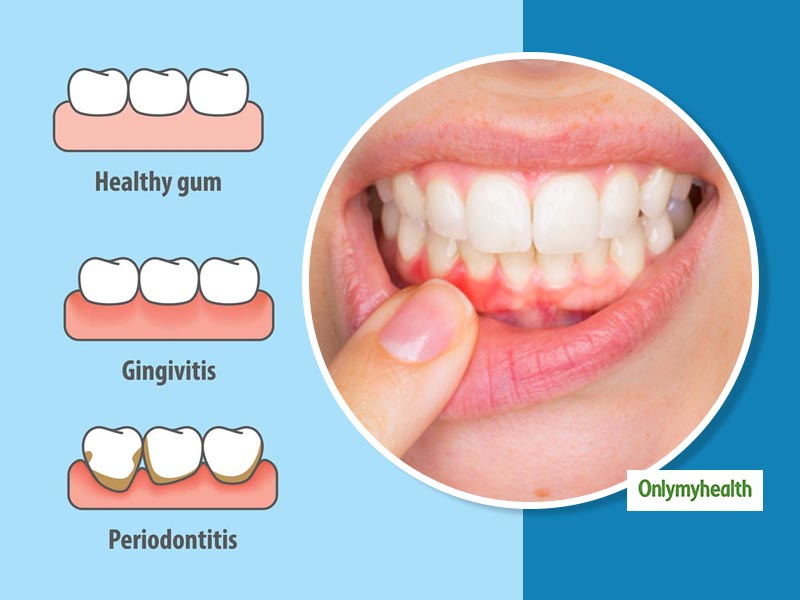
Menstrual cycle brings a lot of problems with it. During periods you may have many troubles like pain, nausea, and heavy flow. But with periods have you seen any other issue than this? Gradually we deal with these trivial problems and tolerate this monthly problem. But ladies, listen, periods does not cause the difficulties only like cramps and flow! Hormonal disturbance during periods can also cause some issues with your teeth! Gingivitis or menstrual gingivitis is a similar gingival disease where the gums become inflamed. Do you know that hormonal changes and oral health are two sides of the same coin? Here we are telling you, what is menstrual gingivitis and how to prevent it?
Table of Content:-
What is menstrual gingivitis?

Menstrual gingivitis is a common dental problem that women experience, but they are rarely aware of it. The fluctuations in the level of hormones are felt during periods or before the onset of periods. Gingival tissues contain many estrogenic receptors that respond rapidly to hormonal changes. Estrogen levels are deficient at the beginning of your periods, but later it starts increasing, and its levels continue to rise. When this happens, hormones can affect and destroy estrogen receptors in the gums. However, not everyone has to worry about this dental problem, but people with poor oral health should be careful. Bacteria already present in the mouth/teeth proliferate due to hormonal glut and create an environment for diseases associated with gums. If it is not taken care of, this can lead to periodontitis.
Also Read: What Are the Symptoms of Tooth Infection Spreading to Your Body?
Why does menstrual gingivitis occur?
During periods, there is an increase in the production of estrogen and progesterone hormones which increases the blood flow to the gums. In this process, gum tissues become red, soft, puffed and delicate, which can cause bad breath, bleeding gums, difficulty chewing hard foods, blood while brushing, and pain in gums or gingival pains. If you don't take the best care of your gums, they become weak and can cause gum diseases. Weak gums cause differences between teeth and gums. Plaques and pieces of food accumulate in these pits, and the trouble starts to get serious. This problem can be felt 1-2 days before the start of the menstrual cycle and gradually decreases as periods begin. If you don't take outstanding care of your gums during periods, it can cause gingivitis which can later turn into periodontitis. This may lead you to lose your teeth at an early age.
Also Read: 7 Tips To Tackle Sharp Sensation Due to Tooth Sensitivity
How can gingivitis be prevented?
To avoid these dental problems, you have to take care of the cleanliness of your mouth. Here are a few details that will aid you in dealing with this problem:

- Brushing Daily: The best way is to clean your teeth regularly at least twice a day with a soft nylon-bristled toothbrush. Do the cleaning by going round and paying attention to the gum line.
- Tongue Cleansing: This is an essential function that helps to clean the bacteria that collects in the mouth.
- Floss your teeth: You should floss every time after brushing. This helps reduce the dirt between your teeth.
- Use a mouth-wash: Washing the mouth with a mouth-wash helps to cure inflammation of the gums. Anti-bacterial mouth-wash contains chlorhexidine which relieves tooth bacteria and cavities.
Read more articles on Women’s Health
How we keep this article up to date:
We work with experts and keep a close eye on the latest in health and wellness. Whenever there is a new research or helpful information, we update our articles with accurate and useful advice.
Current Version
